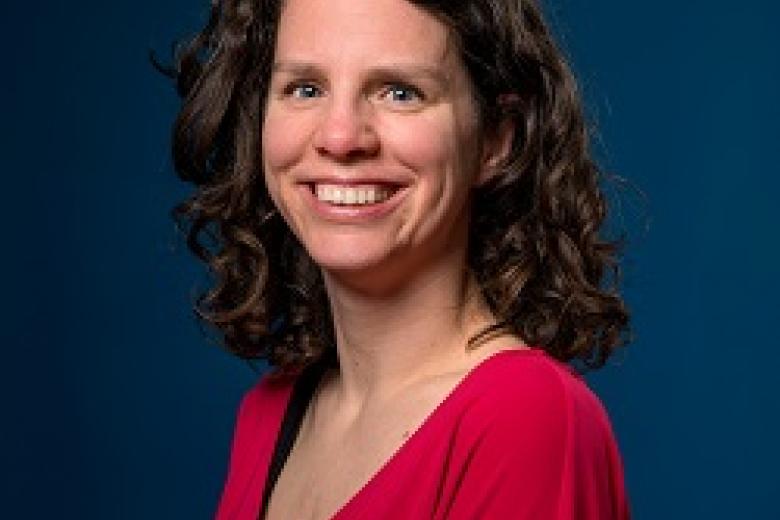Limburg rolls out the red carpet for internationals
On Wednesday July 20th, in the presence of the Mayor of Maastricht, Annemarie Penn-te Strake, the Governor of the Province of Limburg, Theo Bovens and the dean of the Faculty of Law of Maastricht University, professor Hildegard Schneider, the first international center in Centre Ceramique, Maastricht, will be opened. Initially three support organizations will be located in the Centre, the cross-border information point, the Holland Expat Center South, and the Institute for Transnational and Euregional cross border cooperation and Mobility.
Characterised by a mix of languages and cultures
Limburg is a border region par excellence. The provincial border with Germany and Belgium is 351 km long: there is ‘only’ 113 km bordering the rest of the Netherlands. It is only logical that international cross-border behaviour and attitudes are deeply rooted in the DNA of the province and of the region. Limburg straddles an ancient line where many of Europe’s languages and cultures convene. A European mixing pot, where the great Germanic and Latin cultures met, some 2,000 years ago. It is the centre of a Euregion of 4 million people living in three countries and speaking four languages. Together this has made Limburg and in particular the city of Maastricht what it is today: an innovative, multi-cultural, open and vital community.
International appeal
Our unique border locations in the heart of Europe, our internationally-focused institutes and business climate have a strong appeal for international companies, knowledge migrants and students. The Brightlands campuses, for example, have become the locations where researchers, companies – from multinationals to start ups – and students cooperate to develop sustainable solutions to worldwide challenges. Moreover, the university city of Maastricht has the most international university in the Netherlands.
Living, working and studying in the region
At present some 12,000 internationals live and work in Limburg, 80% of whom are in Maastricht and Zuid-Limburg. The number of internationals has been growing consistently in recent years. This group has filled a substantial share of the increase in jobs anticipated in the Brainport-2020 programme. Around 25,000 people travel daily across the border to and from work in Belgium or Germany. And 7,500 international students study and work in Maastricht. But cross-border life, work and study produce a number of administrative obstacles, practical problems and many questions.
Service and expertise concentrated in one place
With the support of the Province of Limburg, the Municipality of Maastricht and Limburg Economic Development (LED), the Holland Expat Center South (HECS), the Cross-border Information Point (Grensinfopunt /GIP) and Maastricht University’s Institute for Transnational and Euregional cross-border cooperation and Mobility (ITEM) have joined forces. To increase cooperation with each other, they have chosen to work from a single location on the first floor of Maastricht’s Centre Céramique, under the name of Maastricht International Centre. The centre will help internationals by giving them a soft landing in our region, help to connect them to the region and will tackle the bottlenecks in cross-border mobility and cooperation.
Knowledge knows no borders
This cooperation will strengthen the international business location of the region. It will increase the region’s ability to attract and retain internationals (knowledge migrants, border workers and students) and international companies. A well functioning center will also contribute to the profile of the region as a melting pot where knowledge knows no borders. A region with its innovative Brightlands-campuses, more than 100 international institutes, the most international university in the Netherlands, (university) hospitals, the United World College and internationally operating companies such as APG, DSM, Medtronic, SABIC, Canon-Océ and Q-Park within easy reach.
About ITEM
The Institute for Transnational and Euregional cross border cooperation and Mobility / ITEM operates at the convergence of research, counselling, knowledge exchange in the domain of cross-border mobility and cooperation. The center of expertise was set up in 2015 to support and promote cross-border and international operation of transnational and euregional society from the scientific point of view. A team of researchers carry out systematic research on cross-border issues and publicises practical and fundamental perspectives and potential solutions. Interdisciplinary, basic and applied research are combined in this process. At ITEM, all partners learn from each other and new, relevant knowledge is constantly being acquired. The center of expertise shares its conclusions with advisory bodies which, in turn, are in direct contact with citizens / employees. ITEM represents knowledge for policy and practice.
Also read
-
PhD research shows impact of aggression on staff and patients in forensic care
Nienke Verstegen, researcher at De Forensische Zorgspecialisten, has conducted research on aggression within forensic care and its impact on patients and staff. On July 6, 2023, she will receive her PhD from Maastricht University with her dissertation 'Hurt people hurt people. Characteristics and...

-
No evidence of brain damage caused by severe COVID-19
Patients admitted to hospital due to a severe COVID-19 infection exhibit no evidence of brain damage caused by the disease. This is the conclusion of an extensive study led by Maastricht University.

-
Cold shivers?
Due to the Western lifestyle with a high fat diet combined with little exercise, more and more people in the Netherlands are overweight or even obese. This causes an increased risk of type II diabetes. What can be done about this besides a healthier lifestyle? The answer comes from an unexpected...
